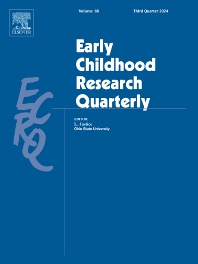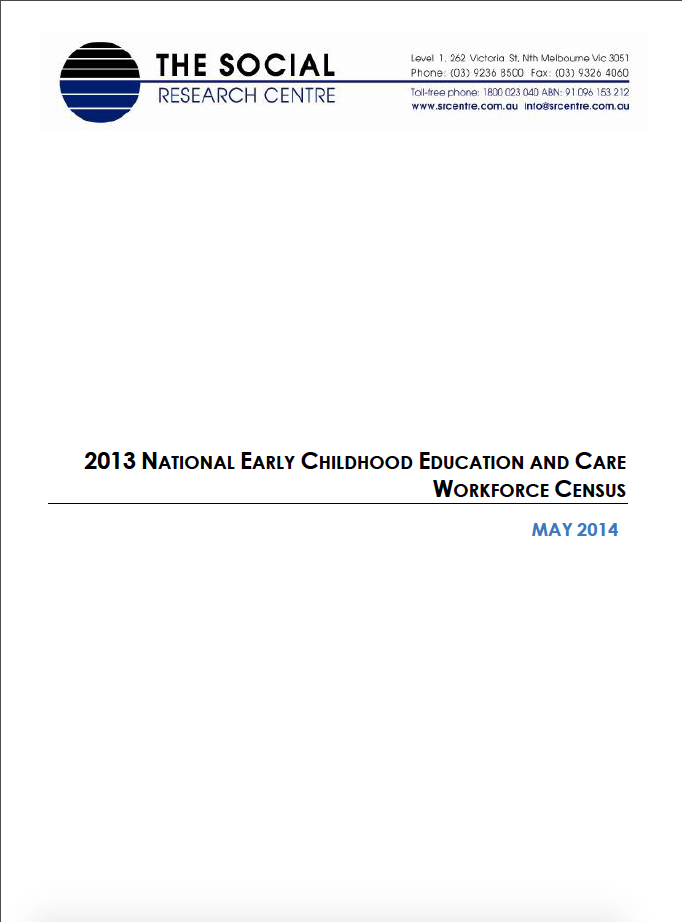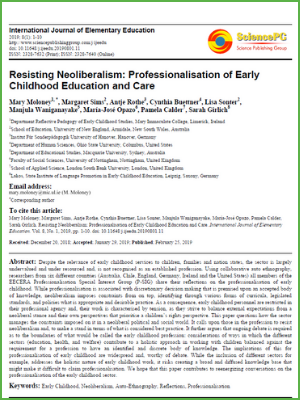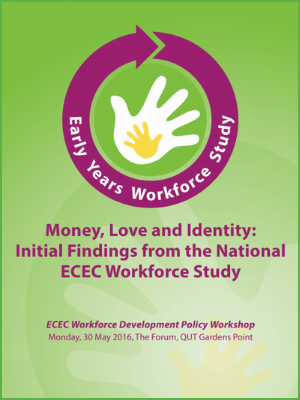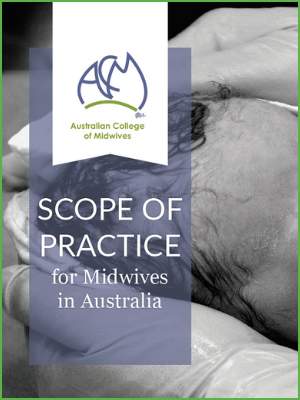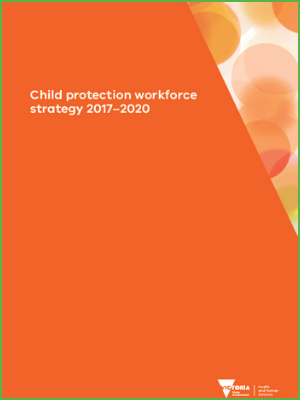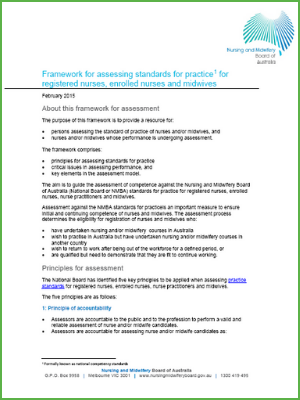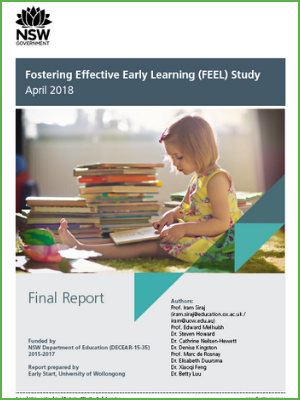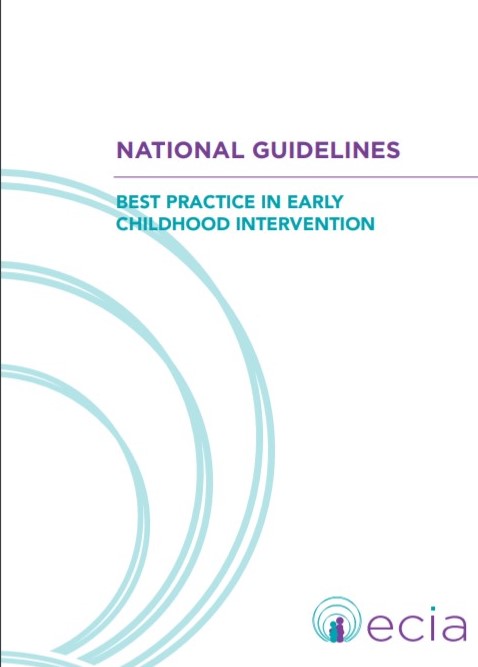South Australia’s Early Childhood Workforce Strategy
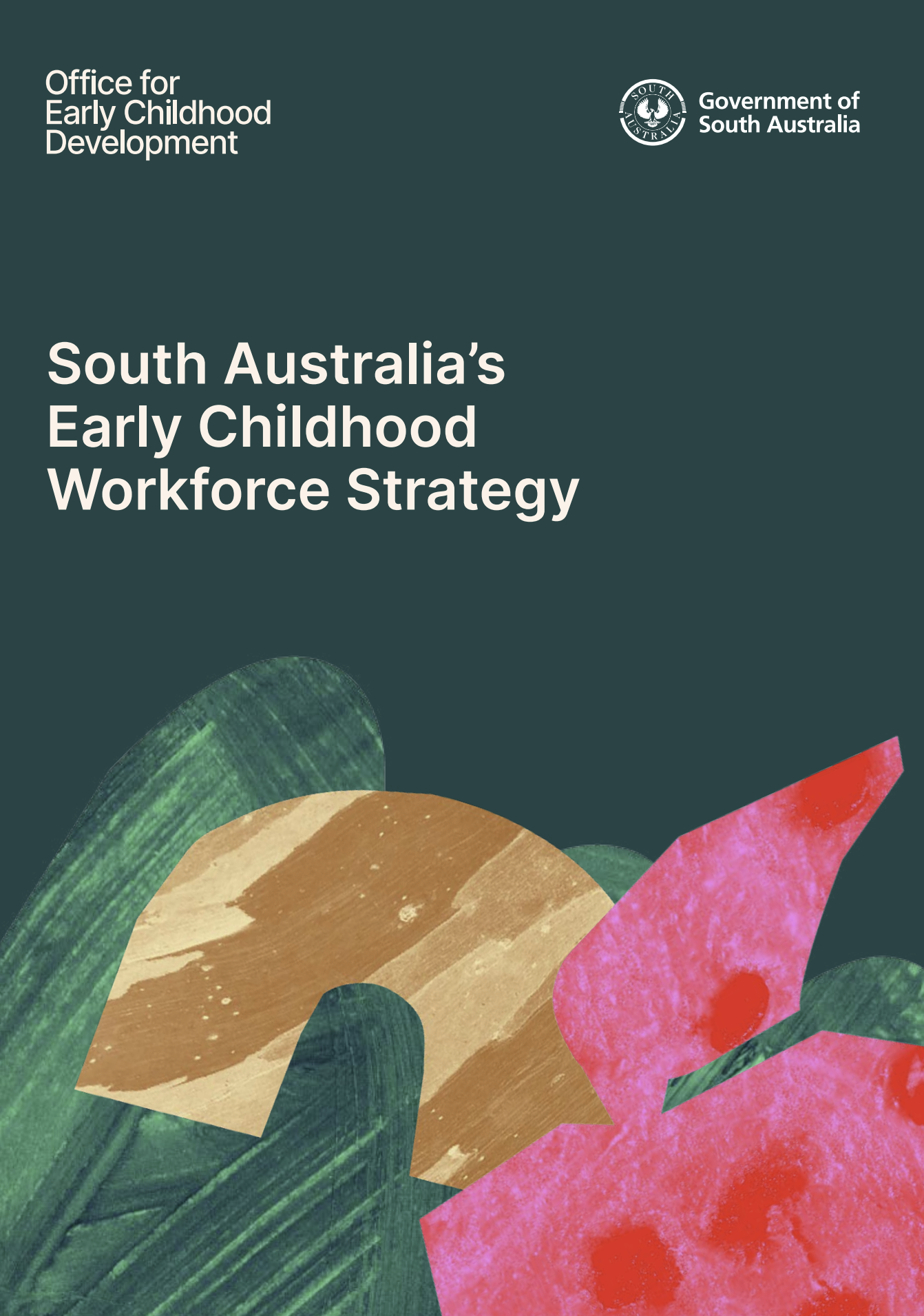
South Australia is committed to providing every child with a strong start by investing $96.6 million over four years to grow and support the early childhood workforce. This investment will prepare for the universal 3-year-old preschool program set to roll out between 2026 and 2032.
Key Objectives:
- Increase Workforce Numbers: Recruit and train more qualified early childhood teachers and educators.
Support the professional development of the current workforce. - Ensure Quality Education: Provide access to allied health and community services professionals to enhance early childhood services.
- Support Aboriginal Workforce: Focus on growing and supporting the Aboriginal early childhood workforce.
Leverage Aboriginal cultural knowledge for the benefit of all children. - Collaborative Implementation: Work in partnership with professionals, sector experts, service providers, Aboriginal communities, educational institutions, peak bodies, unions, and other stakeholders.
Access the Full Strategic Plan via the download button below.
Publication:Office for Early Childhood Development
Year of Publication:2024
Download

